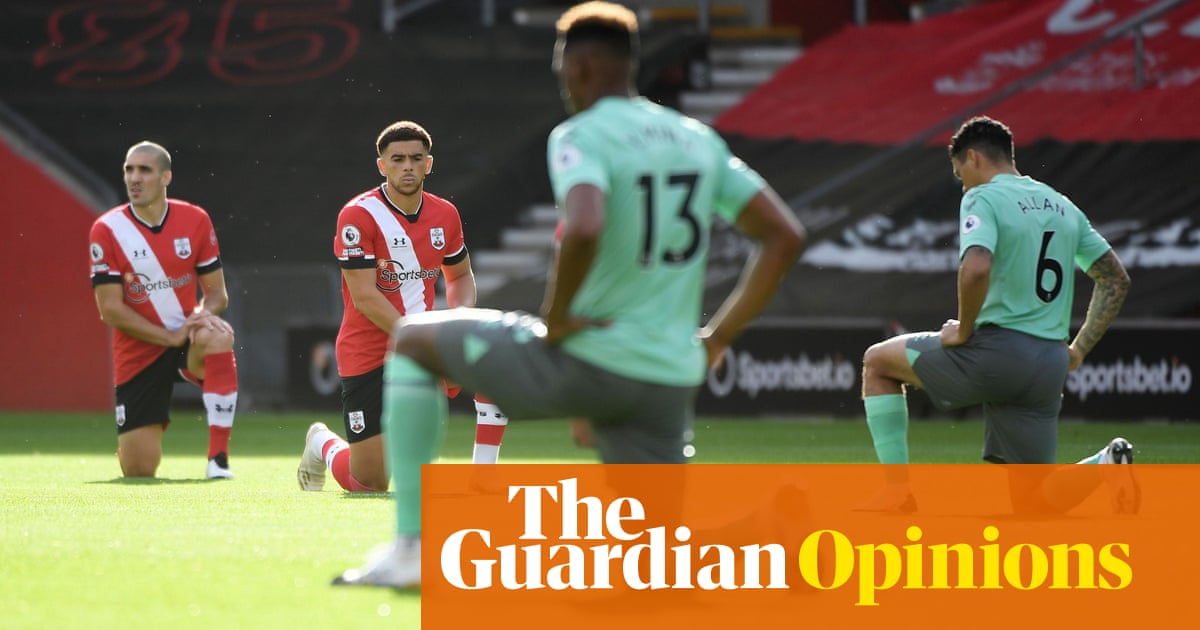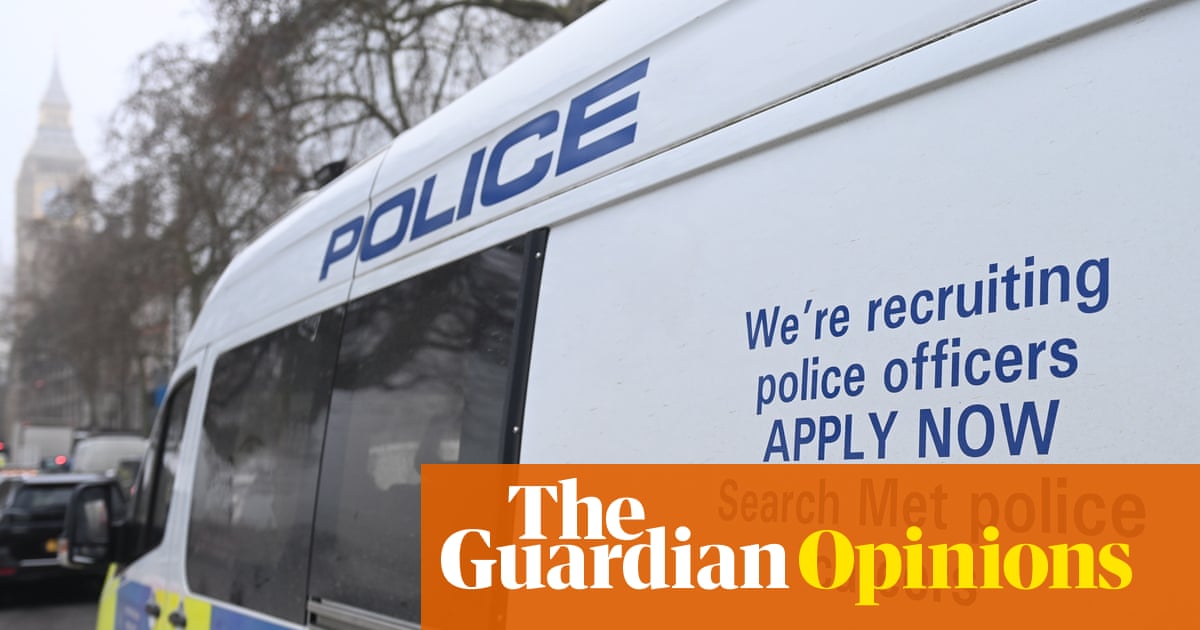
Three years ago the world was stunned by the brutal murder of George Floyd at the hands of people who had sworn an oath to protect him. That horrific act unleashed years of pent-up frustration from black communities all over the world, but it wasn’t just black or brown people rising; honest and decent people from all backgrounds rose to say enough is enough and after the initial clamour for justice there was quickly a movement for long-term change.
Football was no different in its reaction and we saw support from players, managers and leaders across the game. Players were at the forefront through their united decision to take the knee, ensuring the debate about racial inequality stayed on the agenda.
Since then, I’m pleased to say, we have seen progress in the professional game and at grassroots level. Football has delivered some excellent work in building the infrastructure and mindset to drive change and that should be acknowledged.
But we cannot rest there. Over the next three years investment in equality, diversity and inclusion must deliver improved outcomes in some of our most pressing challenges. If football cannot deliver, the commitments of three years ago will have no credibility.
When I talk of progress, there are plenty of examples. The Premier League’s No Room for Racism plan has been broadened to tackle issues such as coach progression and its establishment of a black players’ advisory group has ensured elite black players are heard. The English Football League has invested in its Together strategy, and the Football Association has supported England players and staff despite intimidation and ridicule from the highest offices in the land.
The Professional Footballers’ Association has worked hard to encourage players to support criminal prosecutions regarding online abuse, resulting in more frequent convictions.
At grassroots level, there is a greater willingness to punish discrimination when it is identified.
In short, if you commit a hate crime at a football stadium, online or at the local park, you are far more likely to be prosecuted than ever before, and there have been strides to address under-representation of diverse communities in the media. That is all a direct result of the actions started across the game three years ago.
Football has never been more aware of the challenges it faces, and there is plenty more it can do to make it a more inclusive and representative industry, but such is its influence across the world, it can be a powerful tool in highlighting and explaining the problems that we also see in society.
That might contrast with some people who think football and society’s problems should not mix, but does that just mean we do nothing to challenge discrimination when it happens? Thankfully, most fans or participants disagree and know how to report it to Kick It Out.
Elsewhere, there are many issues we still need to improve on. The notion that football is already inclusive is frankly ridiculous, given the statistics.
Yes, we see a significant presence of black players across the professional game, ranging from 35% to 45%, but fewer than 5% of managers are black. There has been only one black referee – Uriah Rennie – in the Premier League’s 30-year history.
Boardrooms are still largely white and male across the 92 professional clubs, and although people of South Asian heritage make up 10% of the population of England and Wales, I can count the number of South Asian professional players on my fingers and toes.
We are not saying that football should not recruit or promote the best talent, but too often the best people from under-represented groups are not getting the opportunities they deserve. The myth of meritocracy in football needs to be dispelled.
It’s not just about representation. We are still seeing significant behavioural issues among football fans and employees. Hate chanting is still common and over the past 12 months we have seen several high-profile cases where individuals have behaved in an unacceptable way in the workplace.
Unfortunately, it always seems to take a tragedy to drive systemic change. Think of Stephen Lawrence or George Floyd and more recently Sarah Everard. There is also a danger that good intentions often peter out after the impact of the shock has gone away. That’s why we must ensure the legacy of George Floyd is one of tangible change.
For that to happen we must remain vigilant and patient. Some of the challenges we face will take years to produce clear outcomes, but black and brown people within football have heard the platitudes on so many different occasions and now we must ensure commitments are delivered.
Kick it Out will be watching closely and holding key stakeholders to account but that is not our responsibility alone. Everyone in football should be willing to drive change because the game will be better for it.












